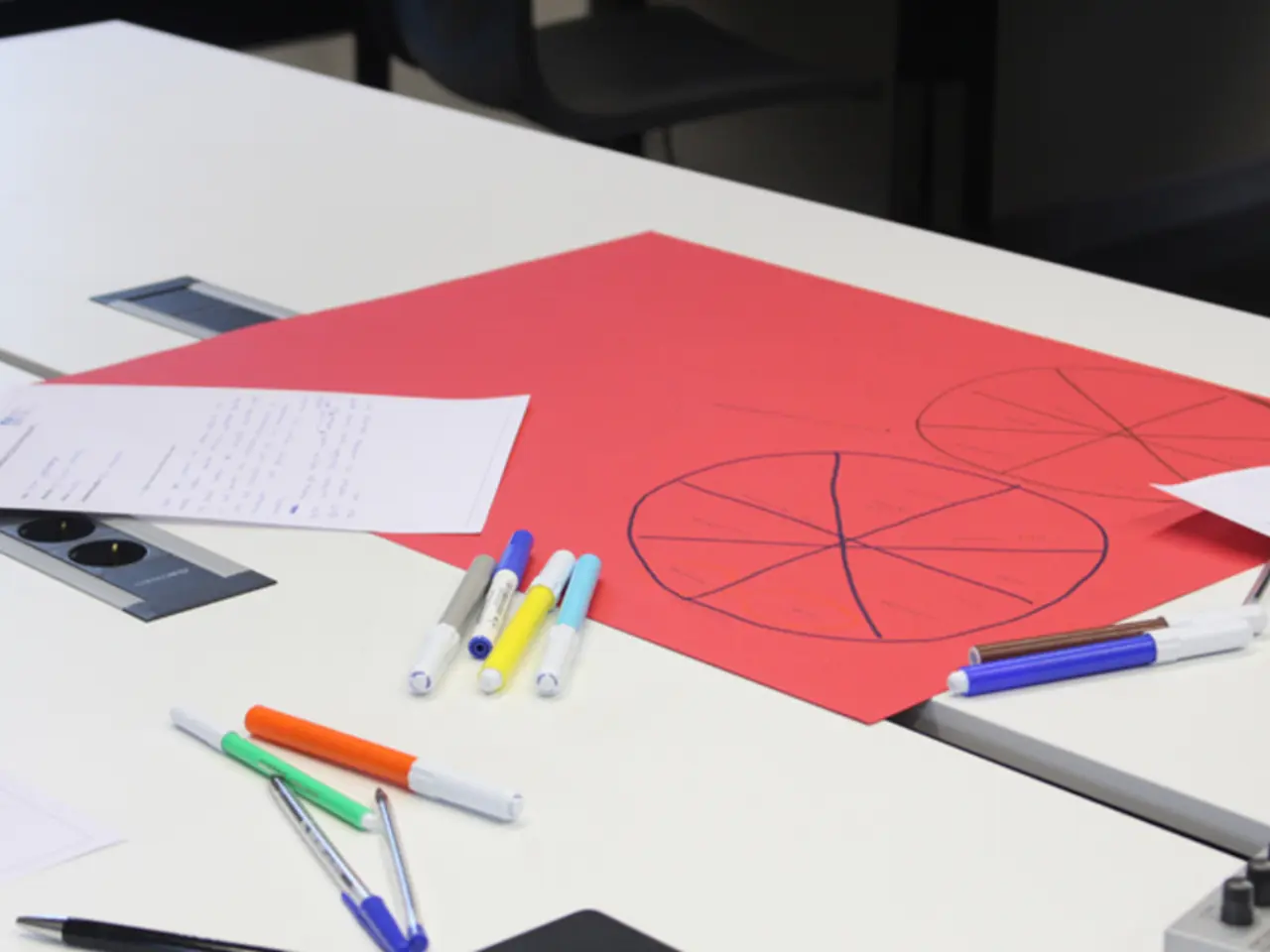Time Needed for an Authentic IQ Test: Revealing the Time Obligation
IQ tests, designed to measure a person's intelligence quotient, are an essential tool in understanding an individual's cognitive abilities. These tests, administered by psychologists, typically fall within a range of 1 to 1.5 hours, but the duration can vary based on several factors.
One such test is the Raven's Progressive Matrices, a nonverbal test that measures abstract reasoning and problem-solving skills. It takes between 45 and 60 minutes to complete. The Stanford-Binet Intelligence Scales, assessing cognitive abilities for individuals aged 2 and up, lasts between 45 to 90 minutes. For adults aged 16 and older, the Wechsler Adult Intelligence Scale (WAIS) is commonly used, taking between 60 and 90 minutes to administer.
However, a comprehensive IQ test, which may include other assessments for emotional, behavioral, or learning difficulties, can take 3 to 6 hours, often spread over multiple sessions. Different versions of IQ tests are designed for various age groups, with tests for younger children having shorter subtests and fewer questions.
The length of the IQ test can also be influenced by factors such as the test-taker's processing speed, language barriers, learning disabilities, and the psychologist's decision to administer additional subtests or assessments. Breaks are typically allowed during a professionally administered IQ test, and the length and frequency can be discussed with the psychologist.
Accuracy in IQ test results relies on factors beyond just the test duration, including standardization, the examiner's expertise, and the test-taker's motivation and cooperation. It is crucial to consider contextual factors, such as educational background, cultural experiences, and socioeconomic status, when interpreting IQ test results.
Proper preparation for an IQ test includes ensuring good rest, a healthy meal, understanding the test's purpose, practicing cognitive tasks, and communicating any concerns with the psychologist. Familiarizing oneself with the test format, getting enough sleep, eating a healthy meal, managing anxiety, and implementing time management strategies can enhance performance during an IQ test.
It is essential to note that online IQ tests lack the rigor and standardization of professionally administered tests, and their results are often questionable and unreliable. Interpreting IQ test results should ideally be done in consultation with qualified professionals such as psychologists or educational specialists.
In summary, the duration of IQ tests can vary significantly based on factors such as the type of test, number of subtests, individual pace and performance, administration format, and age of the test-taker. Understanding these factors can help individuals prepare for IQ tests and ensure accurate and reliable results.
- Engaging in education and self-development activities that foster problem-solving skills, such as preferring nonverbal tests like the Raven's Progressive Matrices or practicing cognitive tasks, can aid in performing well during an IQ test.
- Proper preparation for learning from IQ tests, which includes getting enough sleep, eating a healthy meal, understanding the test's purpose, and communicating with the psychologist, can lead to enhanced performance and more accurate results.




